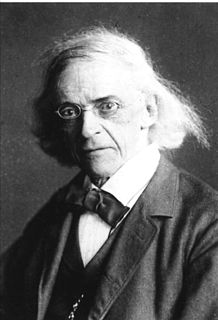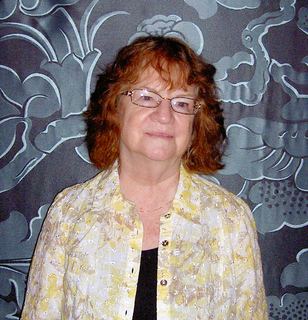A Quote by Amanda Gorman
Poetry has never been the language of barriers, it's always been the language of bridges.
Related Quotes
We believe we can also show that words do not have exactly the same psychic "weight" depending on whether they belong to the language of reverie or to the language of daylight life-to rested language or language under surveillance-to the language of natural poetry or to the language hammered out by authoritarian prosodies.
The majority of the people of the world today are unsane, not insane, unsane meaning having been exposed to methods of evaluation that have long rendered obsolete, our language in the future will change to a saner language where we have no argument in it, 'can there be such a language?' there is, when engineers talk to each other, it's not subject to interpretation, they use math, they use descriptive systems, if I interpreted what another engineer said in the way I think he meant it: you couldn't build bridges, dams, power transmission lines. The language has to have meaning
I think, in a way, I invented the term 'fight club' and that these things have always existed, but they never really had a label. Nobody had a language to apply to them. I created that language in two words and I've been paid a great deal of money for inventing two words and labeling something that has always been around.
I had a teacher once who said, "If you are going to write fiction, you should only read poetry." I have always been interested in the writers who care about their sentences and who really work on that level. I have always said that I hate writing, I love revision. So, the language is really important to me. And the comedy and the horror that come out of the language.






































